Hot-rolled steel plates, constituting 20-30% of Korea's annual steel imports, are mainly sourced from China and Japan. As raw material prices rise, Korean steelmakers, particularly POSCO, are finding it challenging to compete with these cheaper imports, prompting the consideration of anti-dumping measures. However, small and medium-sized Korean steelmakers, lacking blast furnaces, are concerned about potential adverse effects on their businesses if exclusive sales rights lead to sustained high prices. A similar situation in 2020 involving stainless steel products led to damages for smaller companies. The debate highlights the need for careful consideration and discussions on anti-dumping cases related to essential materials. Large steelmakers argue that an indiscriminate influx of Chinese and Japanese steel products is weakening the Korean industrial base, necessitating appropriate measures. Chinese products, once simply cheaper, are now more competitive in quality, and Japanese products benefit from a weaker yen.
Anti-damping considerations against China's and Japan's hot-rolled steel
The Korean steel industry, led by POSCO, is considering filing an anti-dumping case against inexpensive Chinese and Japanese hot-rolled steel products.
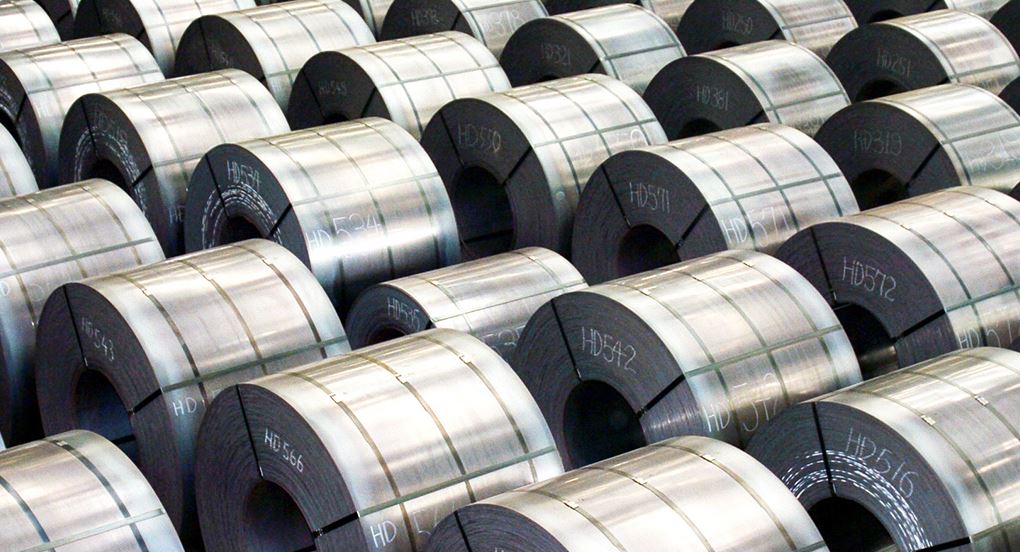


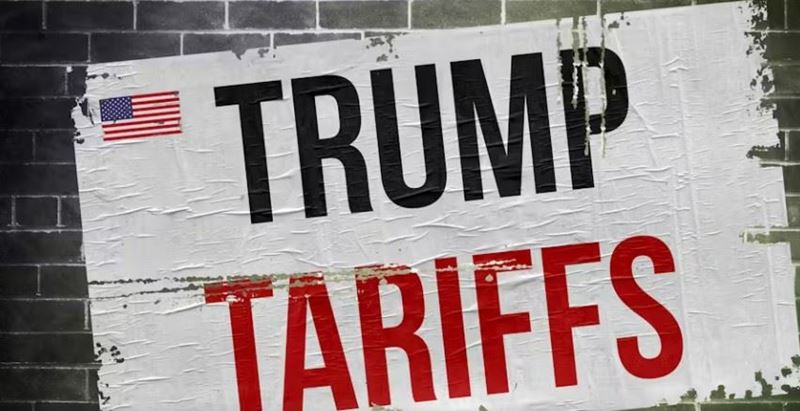
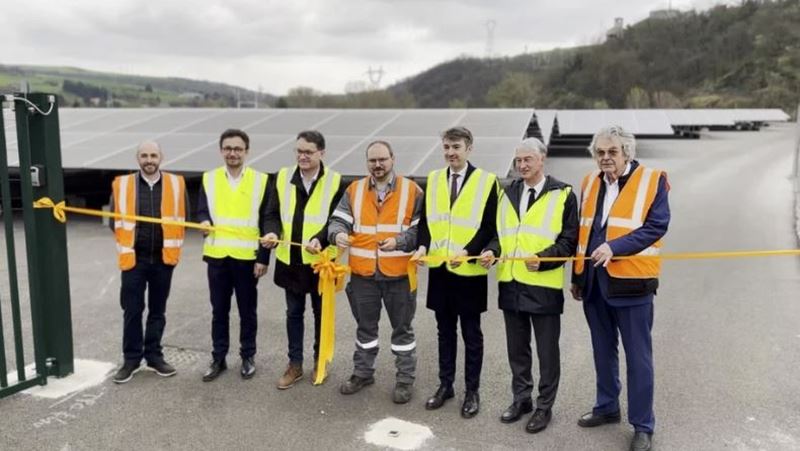
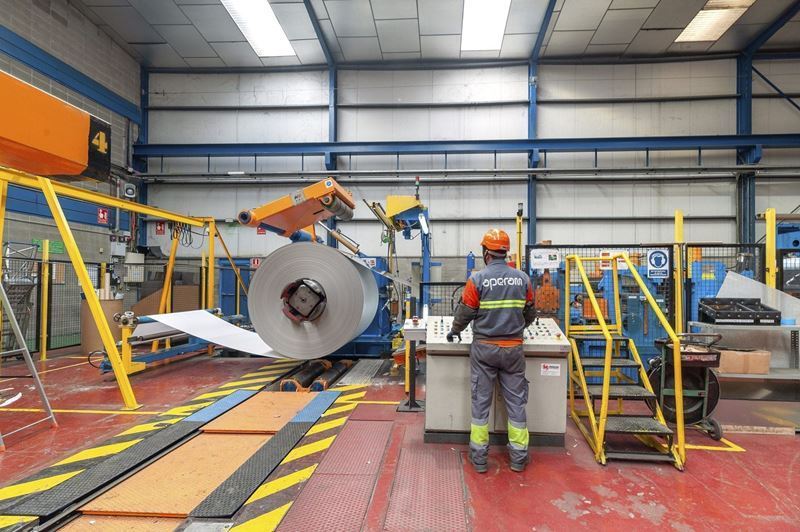
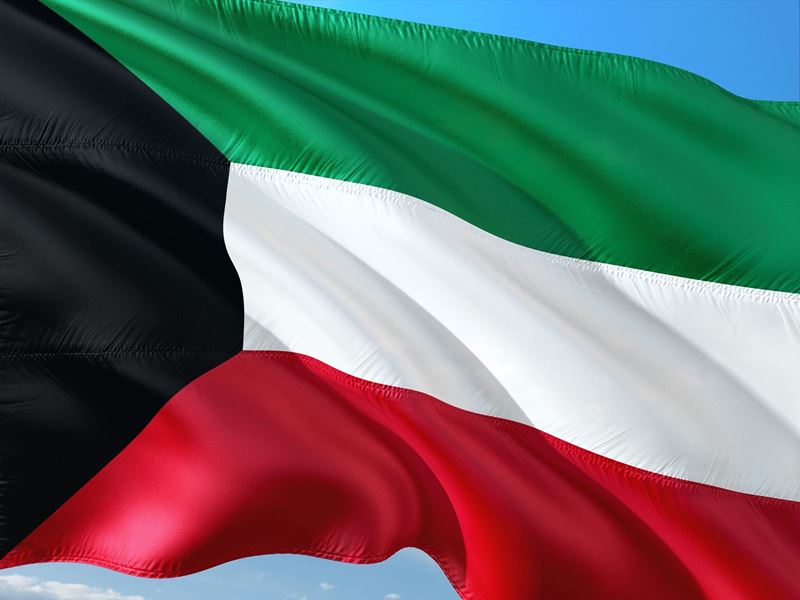
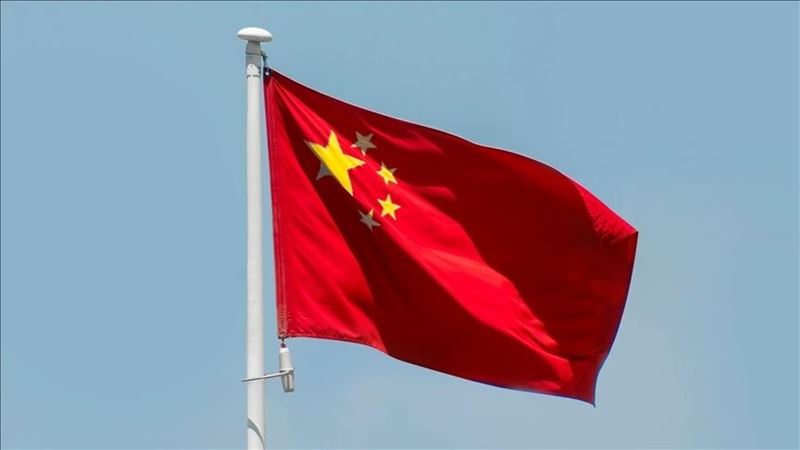

Comments
No comment yet.